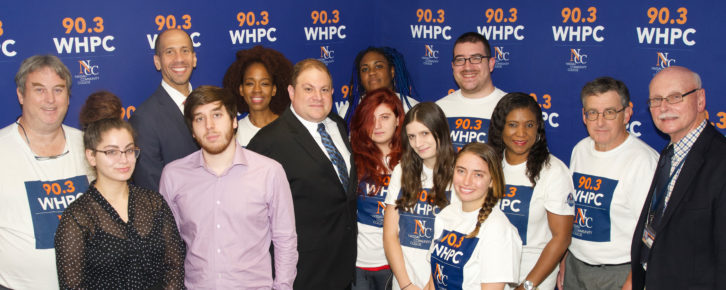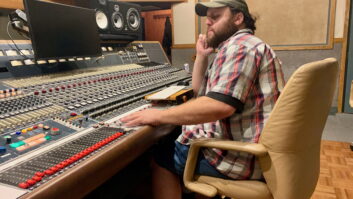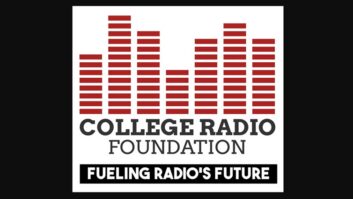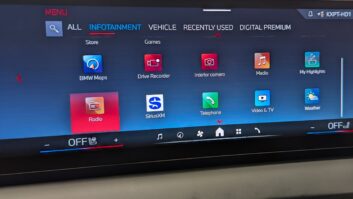
The author of this commentary is director of WHPC, Nassau Community College, Garden City (Long Island), New York.
WHPC 90.3 FM, the Voice of Nassau Community College, was named by the Intercollegiate Broadcasting System as the 2021 Abraham & Borst Best Overall College Radio Station and 2021 Best Community College Radio Station in the Nation.
As director of the station, I was asked by Radio World to comment on what makes for “college radio relevant in 2021,” especially given how younger people consume media.
I like to think that to be a successful college radio station today, you need to focus on one thing: the people you have volunteering their time to help make your station successful, which helps lead them on their own path to success.
Unless you are lucky enough to have a small budget to pay student managers (which I am aware happens at some college stations), the vast majority (if not everyone) is working for free — and sometimes, you get what you pay for.
This is why you need to make joining the college station competitive and worth their time investment once they successfully join in.
WHPC has over 50 extremely talented, wonderful “Community Volunteers” to help make the station sound great — but all of them, along with my staff of six part-time professionals, know that the focus of our station is our educational mission: WHPC exists to provide professional broadcast training to qualified Nassau Community College students.
Let’s dissect two points in that statement:
Professional broadcast training. It’s important not to just welcome someone who expresses interest in joining the station, throw them in a studio and let them play around.
At my two-year community college, my training program to be an on-air host lasts, on average, three to four hour-long sessions in studio, one-on-one, with me, learning how to use our equipment, learning the proper way to speak into a microphone and deciding what to talk about. The students get better and better over time.
Bottom line: Don’t just throw students on air and expect other students to do the training. You won’t get that professional sound you are looking for, and they won’t get the training they are looking for.
Qualified students. Don’t fall into the “warm bodies” trap and hire everyone who walks through the station’s main door. Have them fill out an application, interview those who take the time to completely fill it out, and be sure to ask them what their career goals are.
Don’t only accept communications majors (but give them a little preferential treatment), as you need people of all backgrounds and interests to make the station operate successfully. The students will also appreciate the interview experience for future job applications.
Be honest with everyone up front: Not everyone who applies gets the opportunity to join the station. Decide how many people you have space for and pick the students whom you feel will be best suited to fit in to your current schedule and who have the most potential to grow both at the station and in their own careers. It’s exciting to me how much interest there is.
While younger people are consuming more of their music and information online, they still know that radio works, and more of them listen than you think!
The people are what make your college station successful. I am thankful to my staff, volunteers and all the students who have stepped through the doors at WHPC over the past 49 years, even though I have only been here about five of them myself.
Without them, WHPC would not be the proud success I am proud to say it is.
Shawn Novatt has worked at stations including WBLI(FM) and WKJY(FM), both on Long Island, and WOR(AM) in New York. He graduated in 2000 with a BA in Audio/Radio from Hofstra University, where he volunteered as a student at WRHU(FM) in Hempstead, N.Y. His start in radio came at his high school station, WPOB(FM) in Plainview, N.Y.







